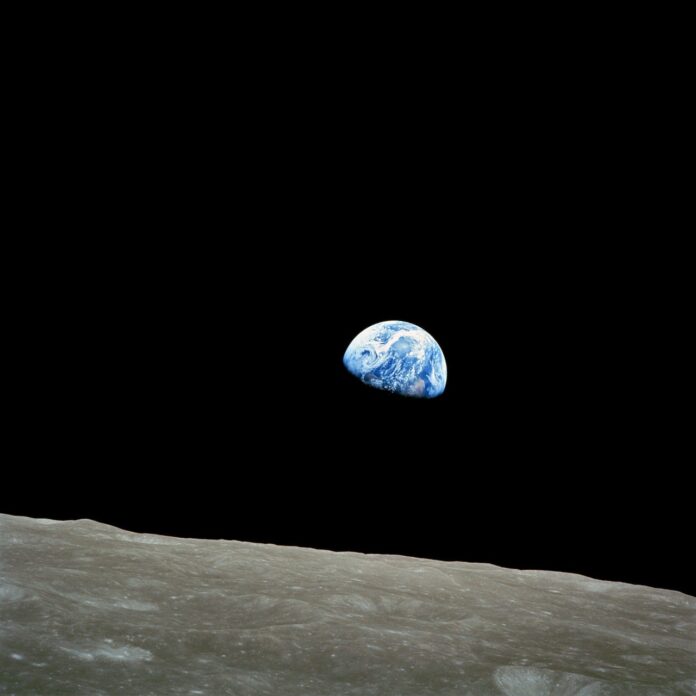The Solar System is the collection of planets, moons, asteroids, comets, and other objects that orbit around the sun. It is located in the Milky Way galaxy and is thought to have formed around 4.6 billion years ago. The Solar System is made up of the sun and all the objects that orbit around it, including eight planets and their natural satellites; dwarf planets, such as Pluto and Eris; asteroids; comets; and other smaller objects. The planets in the Solar System are divided into two main categories: the inner planets, which are closer to the sun and include Mercury, Venus, Earth, and Mars, and the outer planets, which are farther from the sun and include Jupiter, Saturn, Uranus, and Neptune. The Solar System also contains a vast amount of empty space, with the average distance between planets being millions of miles.
Jupiter: The Gas Giant at the Heart of Our Solar System
The sun is the largest and most massive object in the Solar System and is the source of light and heat for all the planets. It is a giant, glowing ball of gas, mostly made up of hydrogen and helium, and is about 109 times the size of Earth. The planets are much smaller than the sun and are made up of different materials, such as rocks and metals. Each planet has its own unique characteristics and features, such as its size, composition, and atmosphere. For example, Earth is the only planet in the Solar System known to have liquid water on its surface, while Mars is known for its reddish hue and its rocky terrain.
Secrets of the Moon: Moon Phases, Blue Moons, Blood Moons and Pink Moons
The Solar System is constantly in motion, with the planets orbiting around the sun in elliptical paths. The planets also rotate on their axes, which causes them to have day and night. The motion of the planets and their moons can also have an effect on each other, causing tides and other gravitational effects. The Solar System is also constantly changing, as comets and asteroids collide with the planets and moons, and the sun’s intense heat and radiation can affect the surfaces and atmospheres of the planets.
Overall, the Solar System is an incredible and fascinating place, filled with many mysteries and wonders. There is still much that we don’t know about it, and many more missions and studies are planned to continue exploring and learning more about the Solar System and its many objects.
Coldest Place in the Universe: Boomerang Nebula
Are there other solar systems and suns in the universe?
It is widely believed that there are many other solar systems and suns in the universe. In fact, it is estimated that there are at least 100 billion solar systems in our own galaxy, the Milky Way, and there are billions of galaxies in the observable universe. The existence of other solar systems and suns has been inferred through a variety of observations, such as the detection of exoplanets – planets that orbit stars other than the sun – and the observation of other stars that are similar to the sun. The search for other solar systems and suns is an active area of research, and many more discoveries are expected in the future as technology continues to improve and our understanding of the universe grows.

